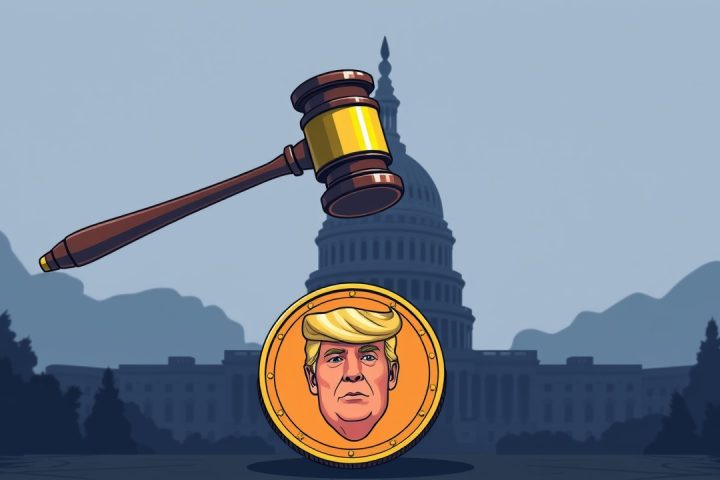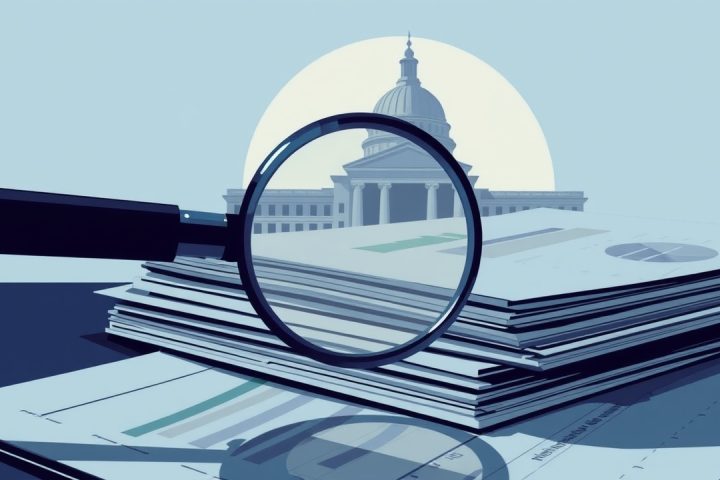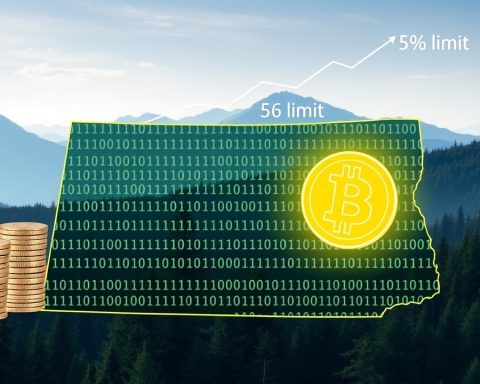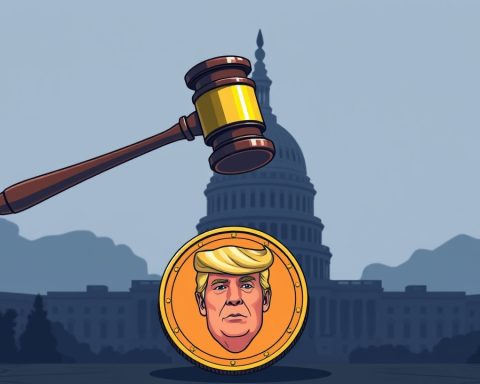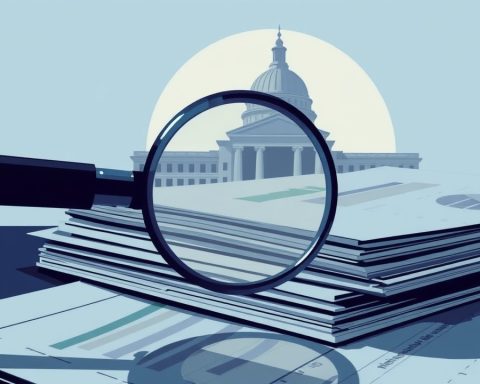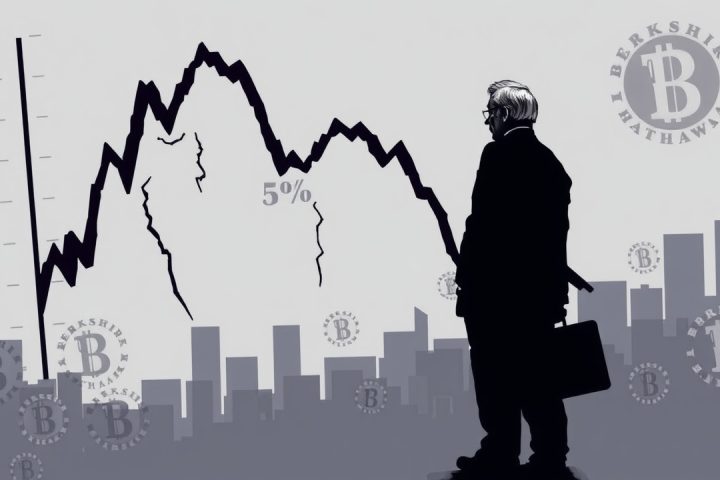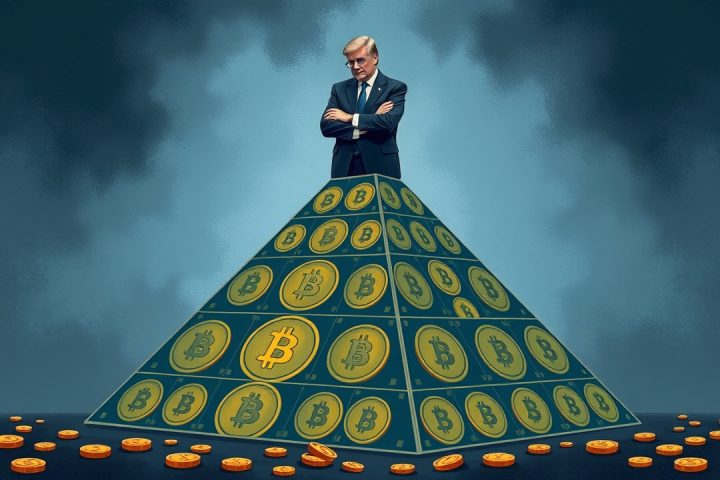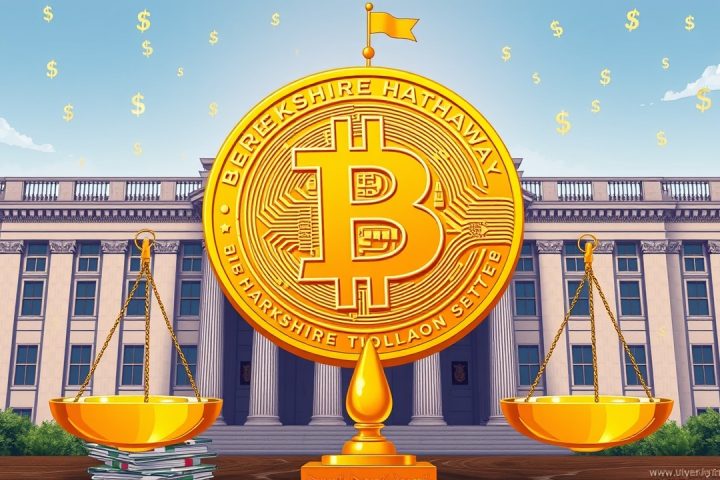Bail Proceedings and Supreme Court’s Concerns
In a recent bail proceeding concerning a cryptocurrency-related case, the Supreme Court of India expressed serious reservations regarding the lack of regulation surrounding Bitcoin trading, likening it to an advanced version of the Hawala system—a method of informal money transfer often linked with illicit transactions.
This commentary emerged during a hearing regarding the bail application of Shailesh Babulal Bhatt, who has been detained since August 2023 on allegations of illegal Bitcoin dealings.
Arguments Presented
During the proceedings, Bhatt’s legal representative, senior advocate Mukul Rohatgi, contended that Bitcoin was not prohibited in India, referencing a landmark ruling from 2020 in which the Supreme Court rejected the Reserve Bank of India’s prohibition on banking services for cryptocurrency businesses.
Justice Surya Kant, acknowledging his limited knowledge of Bitcoin, highlighted the dangerous implications of unregulated trading, indicating it bears resemblance to the unregulated nature of Hawala.
The Implications of Hawala
“Hawala is recognized for its capacity to facilitate money transfers outside of the formal banking sector, complicating law enforcement efforts to trace financial transactions.”
The Supreme Court’s remarks were indicative of broader frustrations within the judiciary regarding the ongoing absence of a regulatory framework for cryptocurrencies. This is not the first time such concerns have been brought to the court’s attention; in a previous case from February 2022, the justices called on the Indian government to articulate a clear policy concerning virtual currencies—a request that has seemingly gone unanswered.
Steps Toward Regulation
Despite the judicial push for better oversight, there have been some steps taken by the Indian government to regulate digital assets. In 2022, authorities implemented a tax framework that enforces a 30% levy on cryptocurrency gains and a 1% tax deducted at the source for transactions exceeding a specified limit.
Furthermore, as of March 2023, transactions involving virtual assets were governed under the Prevention of Money Laundering Act, compelling various platforms, such as Binance, KuCoin, and Coinbase, to register with the Financial Intelligence Unit of India to meet compliance regulations.
However, a comprehensive regulatory structure for cryptocurrencies remains elusive. The government’s response to Parliament in December 2024 confirmed that there is no established timeline for the rollout of exhaustive regulations for virtual assets.
The Path Forward
Ajay Seth, Secretary in the Department of Economic Affairs, recently acknowledged delays in releasing a cryptocurrency discussion paper that was initially slated for September 2024. With significant global economies, including the United States, re-evaluating their cryptocurrency frameworks in light of political shifts, Seth noted India would also need to adapt its cryptocurrency strategy moving forward.
“We were prepared with a discussion paper, but we need to adjust it in response to these evolving dynamics.”



